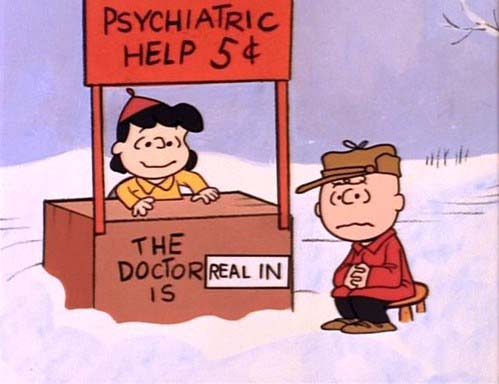Want Effective, Supportive Psychotherapy? Choose Long Term

The best, most supportive case studies occurs within a highly affirming therapy relationship that lasts over time.
Potential clients are always trying to identify the right therapy approach and the right therapist, as they seek to deal with the issues in their lives. They want to feel certain and secure that they will get effective therapy.
There are a considerable number of factors involved in assessing whether something is supportive therapy. However, there is one thing that a great deal of research by guiding lights such as Simon Fraser’s Prof. Adam Horvath consistently highlights. It’s that the quality of the connection or alliance between the client and the therapist is the most important factor in effective, supportive therapy.
What Should Good Therapy Be Like?
A quality relationship with a therapist evolves over time. It’s not something that gets produced on an instant basis. There’s more and more appreciation in the therapy world of how important this evolution is, and how trust, understanding and acceptance take time to develop.
Yet we’ve also seen an emphasis in the therapy world on so-called “brief therapies”, which promise to deliver results in a very short period of time. In the context of cognitive-behavioural therapy, dialectical-behavioural or solution-focused therapy, it’s not uncommon for therapists to speak of therapy that only goes on for 6 or 4 or even 3 sessions.
In my experience, such “short-term” therapy can be effective, but only where there is a very discrete, very well-defined issue that the individual is bringing to the therapy work. For issues that are more complex, or where there is need for a truly transforming experience in therapy, it’s almost always therapy that endures for a substantial period of time, and that occurs regularly and with a fairly high frequency, such as weekly, that is required.
Effective Psychotherapy for Major Life Issues?
Sometimes people come to case studies expecting very quick results when that is just not feasible. Often when this happens, it’s because people want to change the way that they feel about a situation in their lives. The person has a circumstance in their work life, or family life or love life. This is creating a certain emotional or feeling response, and she or he just wants to make it better by stopping the feelings that they have, and feeling something different.
Consider, for instance, “Client A”, who’s dealing with a great deal of anxiety about the business that she owns. She finds herself very anxious and ill-at-ease whenever she thinks about her firm, and she really wants to stop feeling this way around family, in particular. At your first meeting she indicates that she is throwing a major social event for family members in two weeks, and she wants to be anxiety and worry-free so that she can convince the family members (who, it turns out are also investors in the business) that everything is going well.
This might seem like a straightforward request, but then, as the meeting progresses, the following factors come out:
- client has a lifelong history of financial trauma stemming from a series of bankruptcies and other financial crises in her family of origin;
- client is currently very unhappy in her marriage, and wondering whether to stay in it; and,
- client is facing deep questions about her involvement in the business, that relate to larger questions about meaning, direction and purpose, and what she wants for her life
As is often the case when individuals just want to “change the feeling”, there is a lot going on here under the surface. These deep issues “look backward and forward”, as we say, meaning that they reach back into her early life, and also forward into the future she envisages for herself, and into issues of meaning and purpose for her whole life.
Such a client can certainly be given discrete, helpful things to do to reduce her anxiety — and they will help, to some extent. However the underlying issues are going to take some sustained exploration. This is best done in the “container” of ongoing, regular therapy with an affirming therapist whom Client A trusts, and with whom she can explore these important matters.
As in Client A’s case, most clients face issues where a sustained regular course of /a-midlife-transition promises to bring the best results for well-being and an enhanced perspective.
Support to Engage with My Life
Supportive case studies often contributes a great deal to an individual’s journey towards wholeness. The best, most life-changing results are obtained if the therapy is in-depth, long term and regular, and (speaking as a Jungian), attentive to both the conscious and unconscious parts of the individual.
